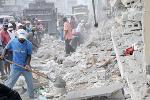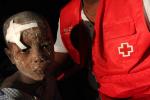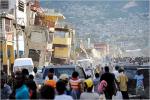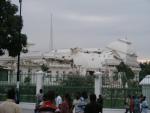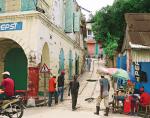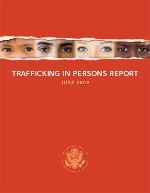ICG Report: Stabilization and Reconstruction After the Quake (3/31/2010)
 The Haiti Donors' Conference is taking place today, which you can view by clicking here. In the meantime, the International Crisis Group (ICG) has released a report and recommednations for stabilizing and reconstructing Haiti. The report makes clear that stability demands a difficult balancing act between meeting immediate humanitarian needs, which will only become more pronounced during the rainy season, and laying the groundwork for long term recovery. An accountable government, an informed civil society, and an engaged Diaspora are key. The executive summary/recommendations are copied below and the complete report is attached.
The Haiti Donors' Conference is taking place today, which you can view by clicking here. In the meantime, the International Crisis Group (ICG) has released a report and recommednations for stabilizing and reconstructing Haiti. The report makes clear that stability demands a difficult balancing act between meeting immediate humanitarian needs, which will only become more pronounced during the rainy season, and laying the groundwork for long term recovery. An accountable government, an informed civil society, and an engaged Diaspora are key. The executive summary/recommendations are copied below and the complete report is attached.

